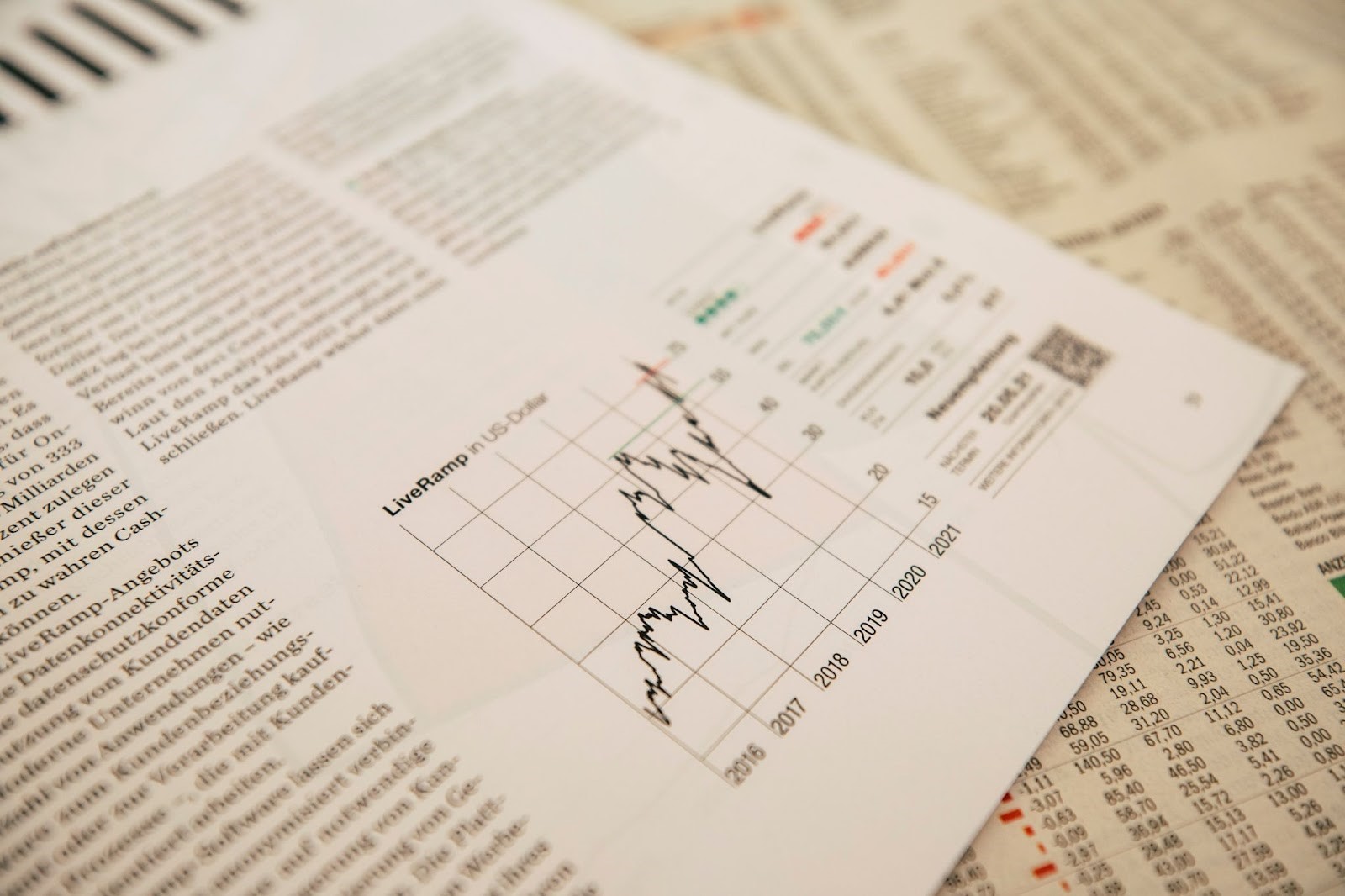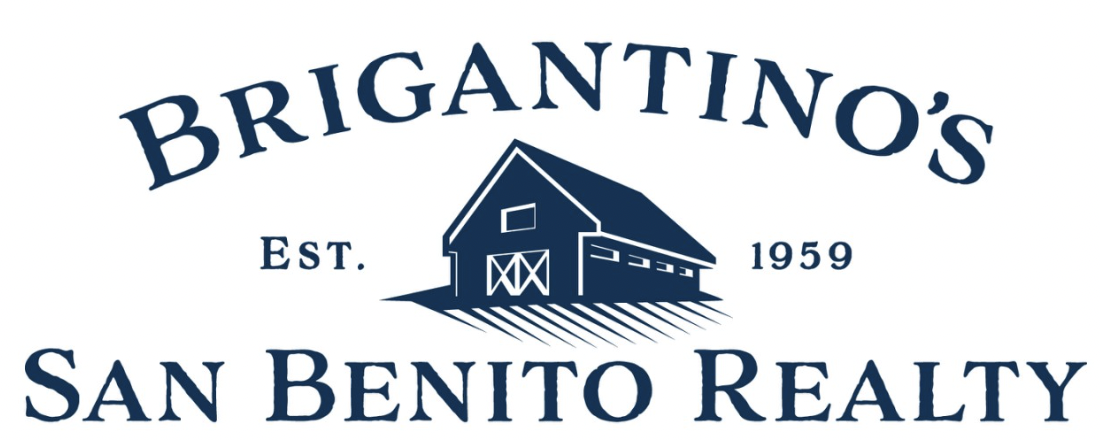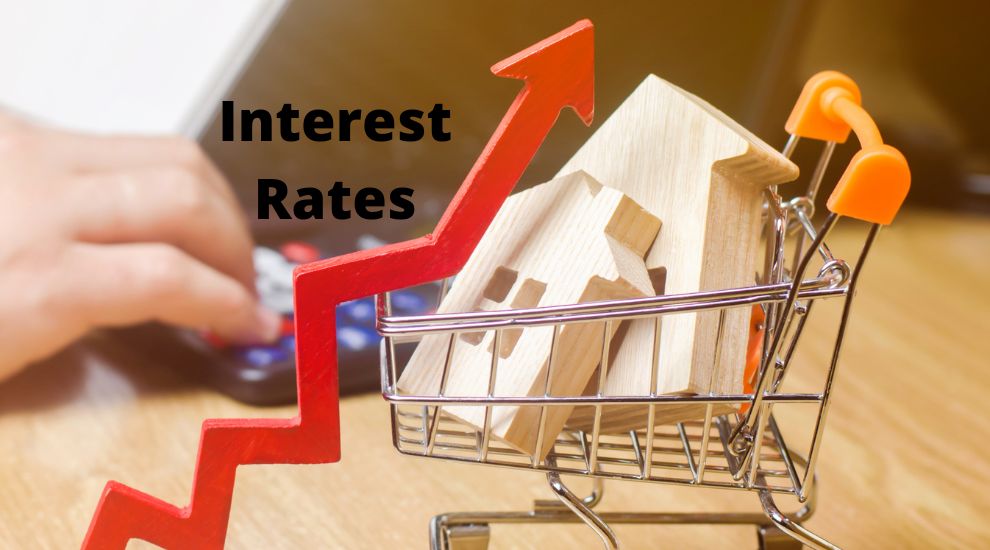With all the news as of late about rising interest rates, many are worried about how those rates will affect the economy and their personal finances. However, first one must understand what interest rates are, why interest rates rise, and why they are relevant to the economy. This blog post will cover why there are rising interest rates, why it matters, what affect it may have on the economy.
>>> DOWNLOAD THE PDF TRANSCRIPT
To start, let’s go over the basics of interest rates, as understanding them is essential to understanding the impact of rising interest rates on the economy. Put simply, interest rates are the amount a lender charges a borrower. It is a percentage of the amount loaned, and it is paid over a period of time.
So, why do rising interest rates and lowering interest rates have an affect on the economy? The answer is that interest rates determine how expensive borrowing money is. When rates are low, borrowing money is cheap. In turn, that encourages borrowing that grows the economy. In general, low rates are seen as a positive that helps grow the economy. Conversely, rising interest rates means borrowing becomes more expensive, which can slow the economy.

Rising Interest Rates
With the basics of interest rates covered, let’s look at rising interest rates and why they rise in the first place. There are a few key factors that can cause interest rates to rise—supply and demand, inflation, and the government.
Supply and demand is the most basic factor of rising interest rates. When the demand for money and credit is high, interest rates tend to rise. Like any other product, the more people want it, the harder it is to get, which means the price goes up. Interest rates are no different. Lenders only have so much to lend, so as demand increases, so does the price, resulting in rising interest rates.
The next factor is inflation. As you’ve seen, inflation is rising in the US currently. Rising inflation directly leads to rising interest rates. Lenders understand that the purchasing power of the interest you pay will decrease as inflation rises, so they raise interest rates to compensate. On the flip side, decreasing inflation has the opposite effect since the purchasing power of money will increase over time.
The last main factor is the government. The U.S. Federal Reserve (the Fed) has a say in whether interest rates rise, lower, or stay the same. They frequently make announcements about how their monetary policy will impact interest rates, such as if a policy will cause rising interest rates, giving lenders a heads-up about the future of rates.
Rising Interest Rates Effect
Now, let’s look at how rising interest rates affect the economy and what that means for you. As mentioned earlier, rising interest rates have a big impact on the economy. When interest rates are low, borrowing money is cheaper. That results in more businesses borrowing money, more people purchasing homes, and generally stimulates the economy.
Rising interest rates however have a very different effect. They make borrowing money more expensive. As expected, that means fewer businesses are borrowing, fewer people are buying homes, etc. That all results in an economy that is slow and sluggish.
For the average person, rising interest rates mean a few important things. Purchasing a home and getting a mortgage becomes more expensive. Higher rates means more interest, which means larger monthly payments. Rising interest rates also tend to have a negative impact on the stock market, so your portfolio’s earnings may take a hit. In general, rising interest rates make the economy tougher for people seeking loans.
If you need help looking for real estate in California, please contact us here for more information.

